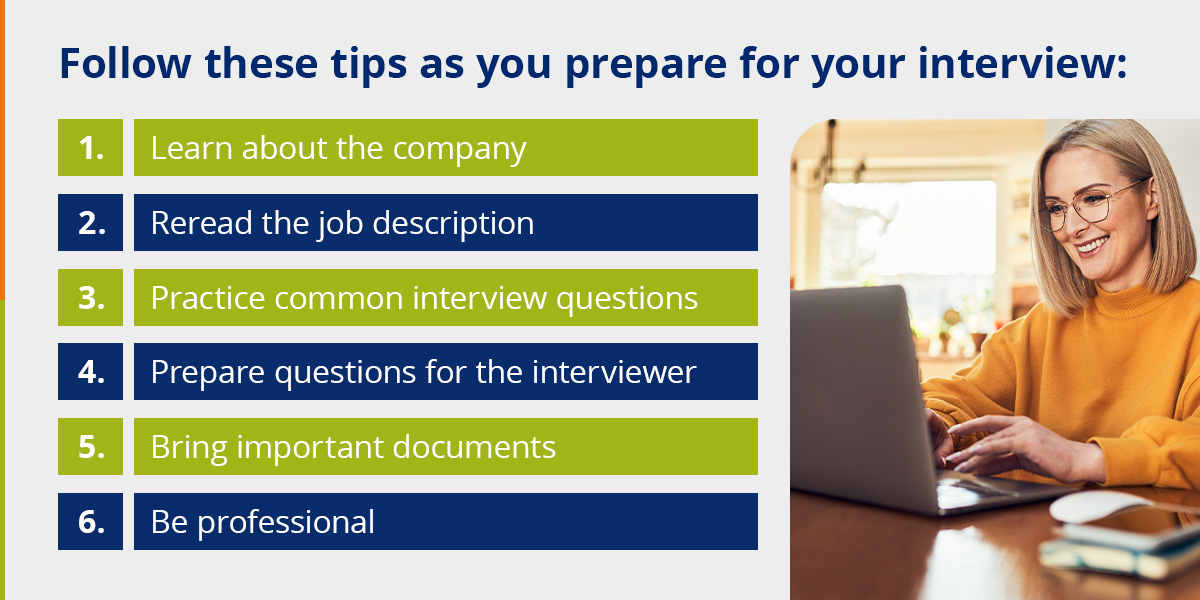
As a new therapist fresh out of school, you’re eager to kickstart your career and land a job in your field. However, with an outlook of 15% growth for physical therapists and 12% for occupational therapists, the job market can become competitive.
Navigating the job search process can feel overwhelming. When it comes to job search strategies for new grads, you need to tailor your process to approach your job hunt in the most effective way possible. You want to show your potential employer what you know and where you want to go in your clinical career. Let us help with our best job hunting tips for new therapists.
Crafting Your Resume and Cover Letter
When you craft your resume and cover letter, remember to add the following details:
- Highlight relevant clinical experiences: Tailor your resume to highlight any relevant hands-on experience that is directly related to your therapy field, including internships and mentorships.
- Emphasize skills and certifications: Showcase any specialized certifications or training that set you apart. Remember to include hard and soft skills related to therapy that you possess, such as assessment techniques, therapy planning and documentation.
- Quantify achievements: Use measurable outcomes to demonstrate the impact of your work during your studies or internships.
- Tailor it to each job: Customize your resume and cover letter for each job application by aligning your skills and interests with the job requirements. Incorporate keywords from the job posting to pass through applicant tracking systems (ATSs).
- Format and proofread: Find out the best way to present your resume and use a professional format and design to make a strong first impression. Remember to proofread everything toward the end so no spelling errors pull through.
Networking Strategies
Networking is beneficial for people of all levels, which is why it remains one of our favorite job hunting tips for physical therapists. Although networking can help you potentially find a job, it’s about building relationships, establishing connections and building a professional network.
Here are some practical networking tips:
- Use existing relationships as a foundation to get started.
- Stay connected with school professors, clinical supervisors, mentors and classmates for potential job opportunities and referrals.
- Build relationships within the therapy community by going to local meetings and joining support groups.
- Attend industry events, conferences and workshops to expand your network, stay updated on industry advancements and make new connections.
- Tap into diverse resources to expand your network beyond familiar clusters.
- Track your contacts and categorize them as active, passive or dormant to prioritize your networking efforts effectively.
Above all, cultivate a confident mindset and ask questions to other professionals about the work they do and their experience.
Job Search Platforms and Resources
When looking into job search platforms and resources as a new grad, try these options:
- Online job portals: Choose reputable platforms known for listing legitimate job opportunities. Platforms that have easy navigation, clear job posting filters and search options will help you find the most relevant positions.
- Professional organizations: Another one of our best job hunting tips for occupational therapists is to join local, state and national organizations. The American Occupational Therapy Association provides valuable tips and referral programs. Physical therapists can also benefit from becoming members of the American Physical Therapy Association.
- Recruitment agencies: Contact staffing agencies specializing in health care placements for additional support. They can help match you with job opportunities they have access to.
- Social media: Follow organizations related to your industry that you’re interested in on social media platforms. They may post job openings on their accounts. LinkedIn also indicates mutual connections at particular companies, broadening your networking opportunities.
- Company websites: Many organizations post job openings directly on their careers pages. Make a list of your favorite companies and check out their job opportunity sections for available positions.

Interview Preparation
Congrats, you got an invitation from one of your applications! Follow these tips as you prepare for your interview:
- Learn about the company: Find out more details about the organization, including its values, mission and recent achievements to demonstrate your interest and fit.
- Reread the job description: Familiarize yourself with the job requirements, responsibilities and qualifications to align your experiences and skills with what the employer is looking for.
- Practice common interview questions: Prepare a few thoughtful responses to common interview questions to showcase your suitability for the position. For example, when asked, “Tell us a bit more about yourself,” you should highlight your passion for therapy and commitment to patient care.
- Prepare questions for the interviewer: Interviews are your chance to get to know your potential employer. Ask thoughtful questions about the role, team dynamics, career growth opportunities and company culture.
- Bring important documents: Print extra copies of your resume, certifications and any other relevant documents in a neat folder or portfolio.
- Be professional: Dress yourself according to the company’s dress code to reflect a professional image. Arrive early for the interview to allow yourself time to feel prepared and show punctuality.
The interviewer wants to know who you are, so remember to be your authentic self.
Negotiating Job Offers
Even as a new graduate, negotiating a job offer can be a valuable opportunity to secure a favorable compensation package and set the tone for your career. Here are some negotiation tips:
- Research market rates: Find out what the typical salary range for a therapy graduate in your location is to establish a benchmark for negotiation. If the salary is nonnegotiable, consider other benefits, like flexible hours, professional development opportunities and potential for growth within the company.
- Seek guidance: Seek advice from mentors, career counselors or professional associations to give you clarification on what good compensation is.
- Highlight your value: Emphasize your skills, education and any relevant experiences or unique qualifications that justify your request for better compensation.
- Negotiate professionally: Approach negotiations respectfully and professionally, aiming to reach a mutually beneficial agreement rather than engaging in confrontational discussions.
- Be realistic: Knowing when to accept is as important as knowing how to negotiate.
Additional Job Finding Tips for New Therapists
Here are a few extra tips for finding therapy-related jobs as new grads.
- Narrow your search: Stick to your favorite online job portals, preferably those that allow you to upload your resume. This will keep you focused without overwhelming you with too many choices.
- Stay organized: Keep track of all your job applications. You can use an online tool or create a simple spreadsheet listing all positions you applied to, including company details, links to the job ad and the date of application. This ensures you avoid resubmitting applications to the same job post and gives you quick access when you’re called for an interview.
- Keep your social media clean: Employers may check out your social media to get a better idea of who you are. Take the time to clean up your profiles and remove any posts that may put you in a negative light.
- Commit to improvement: Have a plan in place for professional development and mentorship. You might consider pursuing additional certifications to make yourself stand out from the crowd.
- Be patient: Finding the ideal job can take time. Be patient with the process and, most of all, be patient with yourself.
Commit to Continued Education With ERI
Hands-on, experiential learning can increase your competitiveness in the job market and ultimately help secure rewarding employment opportunities. Whether you take specialized courses or attend online webinars to learn from industry experts, these educational resources will add to your resume for graduate and future therapy positions.
Education Resources, Inc. (ERI) would love to help you in your future professional development and guide you through your continuing education requirements. We offer dynamic courses in a full range of specialties. To find out more, get in touch with our customer service team.
Stay persistent, proactive and adaptable.

